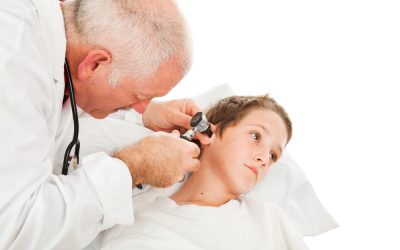The Centers for Disease Control report that on any given day, 300,000 incidents of intoxicated driving take place. Annually, 11,000 people die in alcohol-related fatalities. Despite continued efforts and incrementally tougher penalties, DWI remains a significant problem for drivers and passengers on America’s roadways. The apparently limitless temptation for drivers may keep attorneys in Austin, Texas in business, but it represents a serious health hazard for millions of people. But there are positive signs: Advances in technology are helping to discourage DWI incidents and keep repeat offenders from getting behind the wheel.
One advantage technological innovation has offered in the fight against DWI incidence is the ability to gauge drivers’ impairment before they get behind the wheel. These devices, which come in a variety of tools, can detect the presence of alcohol on a person’s breath or even in the air surrounding the drinker. One device, the interlock ignition, is now a standard legal requirement in some states for drivers who have been convicted of one or more DWI offenses. Privacy advocates and attorneys may object, but the interlock (which requires drivers to blow into a breathalyzer-like device before their car engine will start) is one way of ensuring that an impaired driver has to find some other means of transportation. Another device attaches to the ankle of a multiple offender and continuously monitors blood alcohol levels. Though Austin and other Texas cities are, to date, immune from these kinds of measures due to lawmakers’ objections, that may not be the case in future.
But technological tools in the DWI battle aren’t limited to punishment and surveillance. They are also being used to step up the efforts to increase personal responsibility about getting behind the wheel while impaired. With the advent of smartphone apps comes an instant-reference tool: an app that lets drinkers check their blood-alcohol levels based on the number of drinks consumed, weight, and time elapsed. But still more cutting edge is the breathalyzer-phone, which performs much like the device used by law enforcement. Though the phone can’t prevent an intoxicated person from driving, it can block misguided phone calls. The breathalyzer phone hasn’t yet arrived in the U.S., but when it does it will present DWI attorneys with an interesting challenge.
Finally, on the education front, the Internet is playing a big role in the education-and-awareness campaign to prevent drunk driving. One website is specifically geared to discourage DWI by showing drivers the horrific impact of alcohol-related accidents in the form of graphic videos and victims’ statements. The site even allows visitors to input a list of cell phone numbers, one of which is randomly picked to serve as the designated driver; that person’s cell number is then texted to all the other numbers.
Austin, Texas is a great place to go out and have a good time. Unfortunately, many victims, attorneys, and convicted offenders know all too well that it’s also a place where the temptation to drink and drive is very high. Fortunately, advancements in technology may help to discourage instances of DWI so that everyone arrives alive.
DWI Attorney Austin TexasIf you live in Travis County, Williamson County, Hays County, Bastrop County, or Caldwell County and are charged with DWI, you need a DWI attorney from Nichols & Gill, P.C. in Austin, Texas who will represent your interests. Everyone accused of a crime needs a voice in the criminal justice system.


